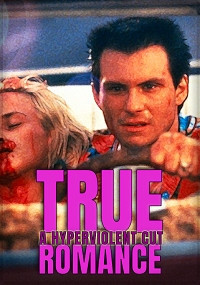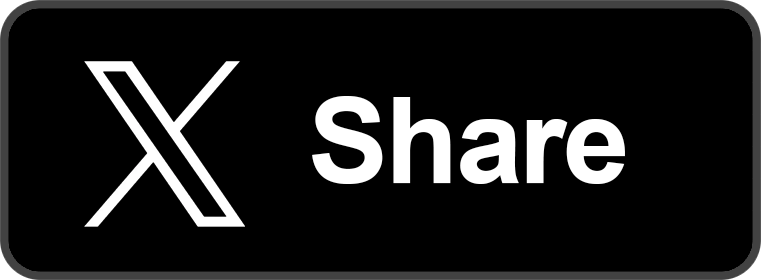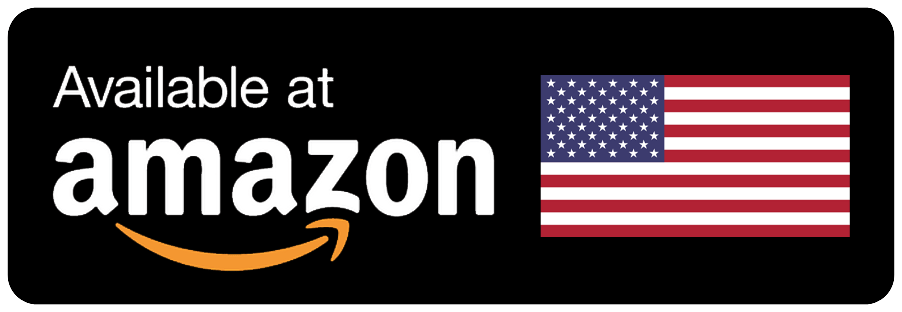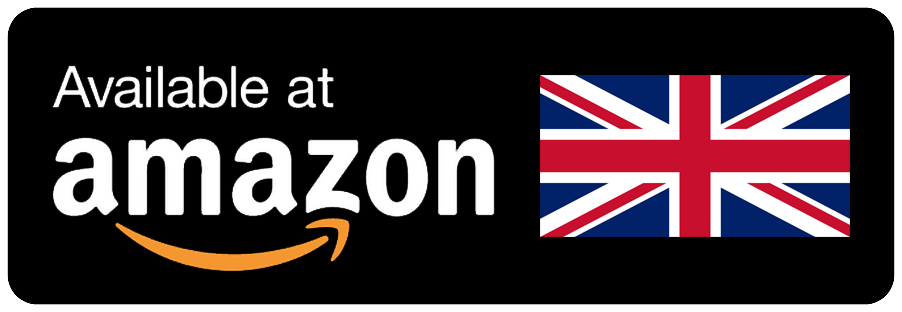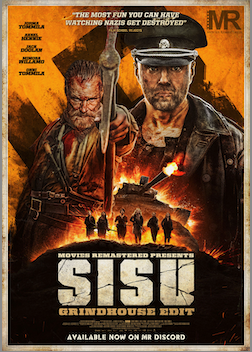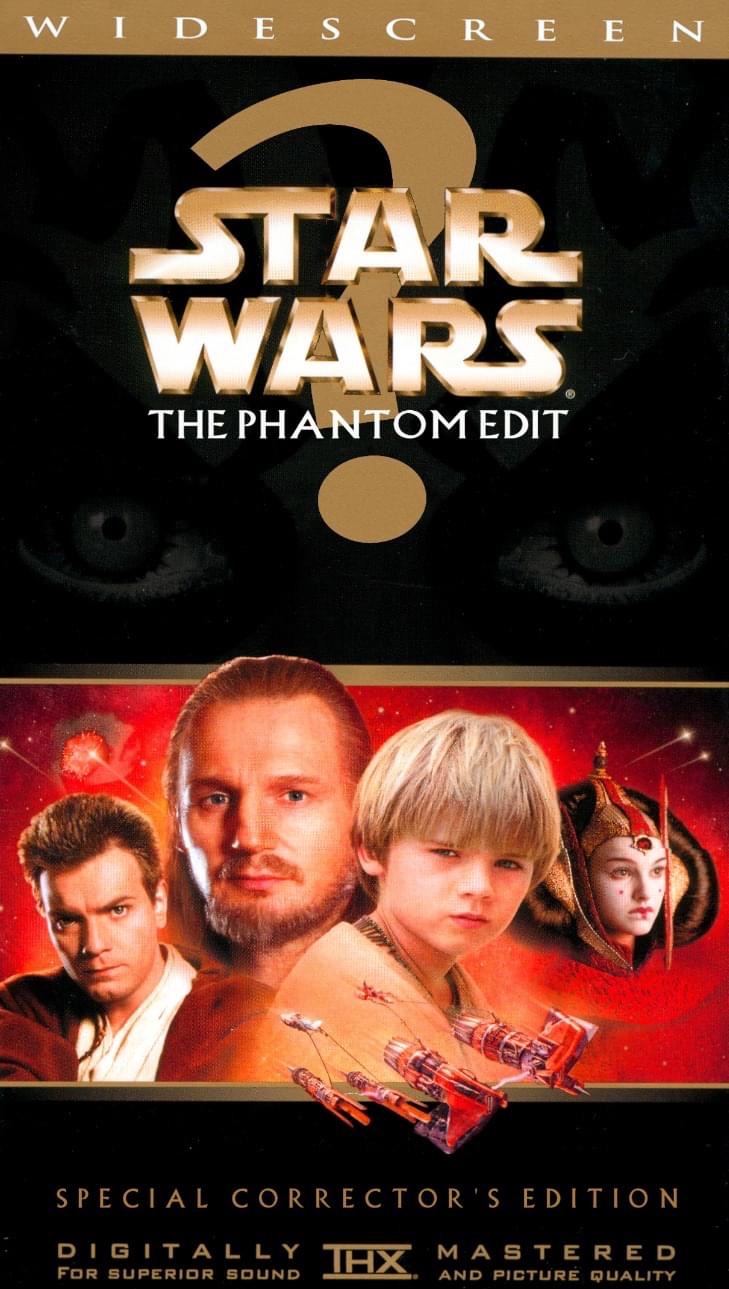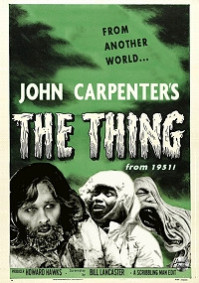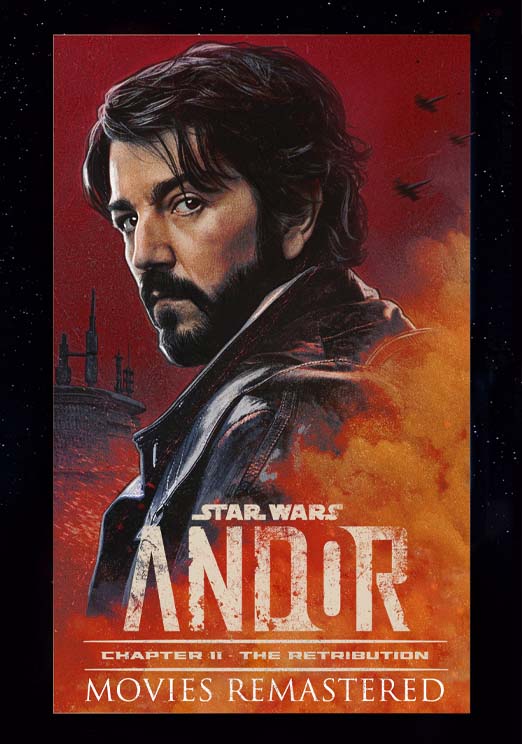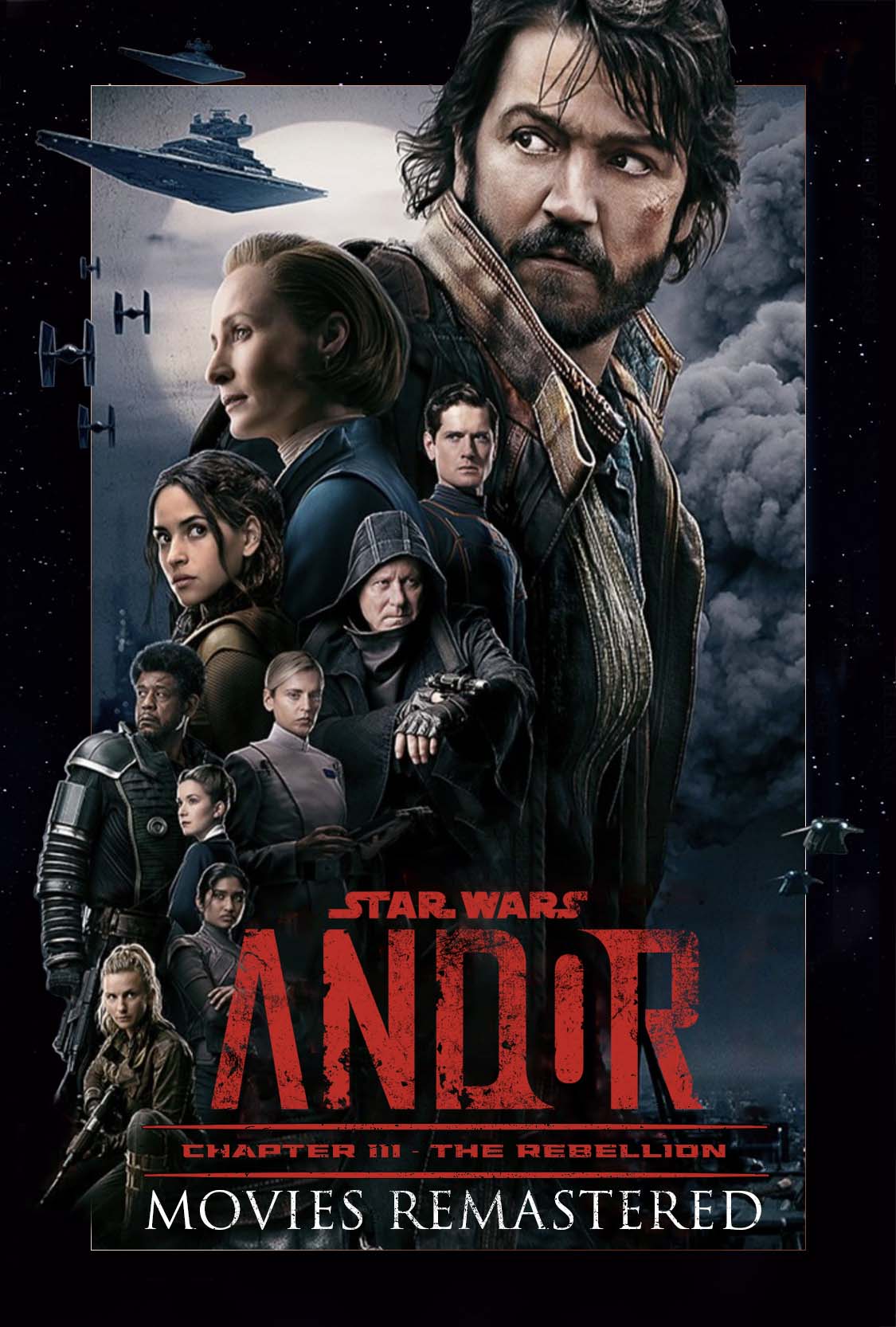True Romance: A Hyperviolent Cut


Updated: 3rd May 2024


| MRDb Rating | Your Rating | MRDb Chart | Views | Reviews | |
| No votes | Review to Rate | 0 | 1 |
Faneditor: krausfadr 
Fanedit Type: FanMix
Fanedit Release Date: 1st December 2022
Fanedit Runtime: 2h:3m:0s
Time Cut: 0h:10m:0s
Time Added: 0h:12m:0s
Franchise: True Romance
Genre: Crime • Drama • Romance
Original Title: True Romance (1993)
Original Release Date: 1st January 1993
Original Runtime: 2h:1m:0s
Certificate: 18
Source: Digital
Resolution: 1080p
Sound Mix: 5.1. Channels
Language: English
Subtitles: No



Fanedit Type: FanMix
Fanedit Release Date: 1st December 2022
Fanedit Runtime: 2h:3m:0s
Time Cut: 0h:10m:0s
Time Added: 0h:12m:0s
Franchise: True Romance
Genre: Crime • Drama • Romance
Original Title: True Romance (1993)

Original Release Date: 1st January 1993
Original Runtime: 2h:1m:0s
Certificate: 18
Source: Digital
Resolution: 1080p
Sound Mix: 5.1. Channels
Language: English
Subtitles: No


Synopsis:
New elements of the Tarantino screenplay are incorporated along with a retro, gritty color re-grade and new Tarantin-esque soundtrack and musical scoring. No music/score is borrowed from his other films. Additional blood/gore VFX is the cherry on top of this Hyperviolent Cut. Other edits which used Tarantino's original screenplay seemed to include most/all deleted scene footage which adds new Tony Scott material, including lowbrow penis jokes that does not jive at all with the QT screenplay. Other edits also rearranged scenes at a high level, to give a basic similar arrangement, rather than at a more detailed scene by scene level. IMO this edit is the truest edit (so far) to the spirit of Tartantino's screenplay.
New elements of the Tarantino screenplay are incorporated along with a retro, gritty color re-grade and new Tarantin-esque soundtrack and musical scoring. No music/score is borrowed from his other films. Additional blood/gore VFX is the cherry on top of this Hyperviolent Cut. Other edits which used Tarantino's original screenplay seemed to include most/all deleted scene footage which adds new Tony Scott material, including lowbrow penis jokes that does not jive at all with the QT screenplay. Other edits also rearranged scenes at a high level, to give a basic similar arrangement, rather than at a more detailed scene by scene level. IMO this edit is the truest edit (so far) to the spirit of Tartantino's screenplay.
Intentions:
The goal is for True Romance to feel like it was made (not just written) by Quentin Tarantino. A new ending stays true to the spirit of Tarantino's ending.
The goal is for True Romance to feel like it was made (not just written) by Quentin Tarantino. A new ending stays true to the spirit of Tarantino's ending.
Change List:
1. Opening logos replaced with Shaw logo. 2. Added new, brief opening titles and the quote found at the beginning of the screenplay. 3. Full color regrade with a vintage, gritty look to fit the new tone. 4. Removed the Detroit winter opening and all opening credits 5. Used Tarantino’s nicely crafted non-chronological order. 6. The Hans Zimmer (“Jamaican Disneyland”) score is changed/replaced throughout. 7. Replaced the 1980’s Aerosmith and Billy Idol songs. 8. A new and improved score and new songs throughout give a real Tarantino vibe (no music pulled from his other movies), see more details below. 9. Re-foleyed some of the punches and gunshots which sounded outdated. 10. Deleted / extended footage is all upscaled, re-graded, upmixed, cleaned (somewhat), and re-foleyed as needed. 11. Deleted and extended scenes are incorporated in line with the screenplay, meaning drawn out bits— those that mess up Tarantino’s cool, snappy scene progression— are left on the cutting room floor. 12. Added extended footage of Drexl discussing oral sex, shooting the fellow drug dealer, and dog. 13. Samuel L Jackson graces us with one additional MF’er right before he gets blasted. 14. Did not use extended scene of Drexl kind of dancing around– not in screenplay and looked like an outtake, borderline gag-reel. 15. Added establishing shots of Hollywood / Los Angeles (screenplay title card doesn’t work well for such a brief scene change). 16. Ended casting call conversation slightly earlier, they way it’s done in the screenplay. 17. Trimmed dialogue from Clarence’s father for better transition from the Casting Call scene. 18. Mob guys punching Clarence’s father re-foleyed. 19. Coccotti (the mob boss) acts more like he does in the screenplay, with quicker action, less fake chumminess and jokes. 20. Shooting Clarence’s father re-foleyed. 21. No subtitles for the Italian mobster repeating what was just spoken in English. 22. The flashback to Clarence and Alabama first meeting is started off using altered dialogue to better match the screenplay (Dick asks Clarence about how he met Alabama not why is he here). 23. Removed footage with credits when Alabama arrives outside the movie theater. 24. Did not use extended theater footage. Alabama’s cheering (though in the screenplay) seemed out of place like she was making fun of the movie (she genuinely liked it in the screenplay). The Jack Black extended footage was not part of the screenplay and felt like cheap sketch comedy. 25. Added deleted tub scene. 26. Added extended billboard conversation footage. 27. Zimmer music removal as Clarence drove to and arrived at Drexel’s house required complete audio rebuild from scratch. 28. Added new dialogue so Drexl says he's going to make Alabama perform a sex act on him. 29. New VFX adding extra blood, gore during Drexl’s ultimate demise. 30. The first time we actually see the cocaine is now handled like the screenplay, complete with new establishing shot of the Safari Inn. 31. Added extended hotel room scene discussing a buyer for the coke. 32. Scott had a good transition from the hotel room to the roller coaster. Used it. Tarantino had us going to the zoo which was changed by Scott. 33. Less banter from Floyd to Virgil to be more like the screenplay. Kept Scott’s end of the scene with Floyd making snide remarks to himself at the end but toned it down. 34. Rearranged scenes of phone call with Donowitz and more mob guys visiting Floyd to follow the screenplay. 35. Incorporated the Prayer to St. Francis which is a very Tarantino-ey element of the screenplay. 36. Recut Alabama preparing for her attack on Virgil so it’s now calculated, not by luck. 37. Tightened up parts of Alabama’s attack on Virgil. 38. New VFX so Alabama now blows off Virgil’s head with the shotgun (this is not in the screenplay but I think Tarantino would approve of how this hyperviolence contrasts with the prayer). 39. The conversations of the cops and then the mobsters (deleted scene) is intercut back and forth similar to the screenplay (had to adjust cut points so as not to make it look like a 5 min long elevator ride). 40. Removed the extreme peach colored grading when Clarence and Alabama are on the couch outdoors. 41. Much less banter from the cops discussing the wire strapped to Elliot’s balls. More like the screenplay. 42. Removed the juvenile penis and masturbation jokes which are not in the screenplay. 43. Final shootout is recut to tighten up the action and fix ridiculous looking shots such as actors doing seizure like dance moves while being shot. 44. Final shootout re-scored, required major audio rebuild. 45. New VFX adding more blood to the final shootout. 46. New VFX after Clarence is shot, his eye is now gone— he’s left with a smoking crater of an eye socket and is clearly dead. 47. The Ending… Clarence dies but Scott’s butchered alternate ending is heavily changed, removing Alabama’s weird deadpan narration about Clarence. 48. Also removed the alternate ending flashbacks, added the song Tarantino has playing on the radio, Alabama isn’t so overtly shown hitchhiking , and it’s very clear now that she has the comic book Clarence gave her. 49. Removed alternate ending Zimmer music, requiring complete audio rebuild from scratch. 50. Reduced the heavy peach tint of the alternate ending. 51. New end credits music. Music is such an important aspect of Tarantino’s work. Here are the new songs by scene: Drexl, Floyd and a few other pillars of the Detroit cocaine industry discuss the historical impact of the white man on cunnilingus: "The Pimp" by Scarface replaces the goofy-assed song by the Skinny Boys-- a rap group even worse than the Fat Boys that only old white men ever put into movies New establishing shots of Hollywood / Los Angeles: "Trouble / Guitar Man" by Elvis Presley Clarence departs from his dad's trailer: "Walk on the Wild Side" by Lou Reed replaces Hans Zimmer Score Clarence and Alabama on the interstate in Los Angeles: "A Man Without Love" by Engelbert Humperdinck replaces late 80's Aerosmith Clarence and Alabama Driving with Dick: "I Love You Mary Jane" by Sonic Youth & Cypress Hill replaces late 80's Aerosmith Date at the diner: "You Belong To Me" by Gene Vincent and “Green Dreams” by Christophe replace "In Dreams" by John Waite (a solo artist that people listen to even less than his real band, Bad English) In the comic shop: “It Was A Good Day” by Ice Cube In the comic shop and then the bedroom: "Try Me" by James Brown replaces "Wounded Bird" by Charles & Eddie (another one of Tony Scott's one-hit wonders from England) During bathtub deleted scene: “Piece of My Heart” by Janis Joplin (from screenplay) Tattoo Parlor: “Sealed With a Kiss” replaces Billy Idol’s “White Wedding”, completely changing the vibe Clarence in his car outside Drexl’s house: Theme Song to The Street Fighter Alabama’s final attack on Virgil “The Prayer of St. Francis” by Frank Dumin Clarence and Alabama on the gross couch, outside near the airport “Tampico” by Stan Kenton & June Christy Clarence and crew driving to the drug deal: “Little Sister” by Elvis Presley Clarence and crew arriving at the Embassador hotel for the drug deal: “How I Could Just Kill A Man” by Cypress Hill At end of the final shootout “Spanish Eyes” by Engelbert Humperdinck Radio after Alabama has made her getaway in the car: “Little Arrows” by Leapy Lee End Credits: “There’s No Other” by The Crystals Theme Song to The Street Fighter (1974)
1. Opening logos replaced with Shaw logo. 2. Added new, brief opening titles and the quote found at the beginning of the screenplay. 3. Full color regrade with a vintage, gritty look to fit the new tone. 4. Removed the Detroit winter opening and all opening credits 5. Used Tarantino’s nicely crafted non-chronological order. 6. The Hans Zimmer (“Jamaican Disneyland”) score is changed/replaced throughout. 7. Replaced the 1980’s Aerosmith and Billy Idol songs. 8. A new and improved score and new songs throughout give a real Tarantino vibe (no music pulled from his other movies), see more details below. 9. Re-foleyed some of the punches and gunshots which sounded outdated. 10. Deleted / extended footage is all upscaled, re-graded, upmixed, cleaned (somewhat), and re-foleyed as needed. 11. Deleted and extended scenes are incorporated in line with the screenplay, meaning drawn out bits— those that mess up Tarantino’s cool, snappy scene progression— are left on the cutting room floor. 12. Added extended footage of Drexl discussing oral sex, shooting the fellow drug dealer, and dog. 13. Samuel L Jackson graces us with one additional MF’er right before he gets blasted. 14. Did not use extended scene of Drexl kind of dancing around– not in screenplay and looked like an outtake, borderline gag-reel. 15. Added establishing shots of Hollywood / Los Angeles (screenplay title card doesn’t work well for such a brief scene change). 16. Ended casting call conversation slightly earlier, they way it’s done in the screenplay. 17. Trimmed dialogue from Clarence’s father for better transition from the Casting Call scene. 18. Mob guys punching Clarence’s father re-foleyed. 19. Coccotti (the mob boss) acts more like he does in the screenplay, with quicker action, less fake chumminess and jokes. 20. Shooting Clarence’s father re-foleyed. 21. No subtitles for the Italian mobster repeating what was just spoken in English. 22. The flashback to Clarence and Alabama first meeting is started off using altered dialogue to better match the screenplay (Dick asks Clarence about how he met Alabama not why is he here). 23. Removed footage with credits when Alabama arrives outside the movie theater. 24. Did not use extended theater footage. Alabama’s cheering (though in the screenplay) seemed out of place like she was making fun of the movie (she genuinely liked it in the screenplay). The Jack Black extended footage was not part of the screenplay and felt like cheap sketch comedy. 25. Added deleted tub scene. 26. Added extended billboard conversation footage. 27. Zimmer music removal as Clarence drove to and arrived at Drexel’s house required complete audio rebuild from scratch. 28. Added new dialogue so Drexl says he's going to make Alabama perform a sex act on him. 29. New VFX adding extra blood, gore during Drexl’s ultimate demise. 30. The first time we actually see the cocaine is now handled like the screenplay, complete with new establishing shot of the Safari Inn. 31. Added extended hotel room scene discussing a buyer for the coke. 32. Scott had a good transition from the hotel room to the roller coaster. Used it. Tarantino had us going to the zoo which was changed by Scott. 33. Less banter from Floyd to Virgil to be more like the screenplay. Kept Scott’s end of the scene with Floyd making snide remarks to himself at the end but toned it down. 34. Rearranged scenes of phone call with Donowitz and more mob guys visiting Floyd to follow the screenplay. 35. Incorporated the Prayer to St. Francis which is a very Tarantino-ey element of the screenplay. 36. Recut Alabama preparing for her attack on Virgil so it’s now calculated, not by luck. 37. Tightened up parts of Alabama’s attack on Virgil. 38. New VFX so Alabama now blows off Virgil’s head with the shotgun (this is not in the screenplay but I think Tarantino would approve of how this hyperviolence contrasts with the prayer). 39. The conversations of the cops and then the mobsters (deleted scene) is intercut back and forth similar to the screenplay (had to adjust cut points so as not to make it look like a 5 min long elevator ride). 40. Removed the extreme peach colored grading when Clarence and Alabama are on the couch outdoors. 41. Much less banter from the cops discussing the wire strapped to Elliot’s balls. More like the screenplay. 42. Removed the juvenile penis and masturbation jokes which are not in the screenplay. 43. Final shootout is recut to tighten up the action and fix ridiculous looking shots such as actors doing seizure like dance moves while being shot. 44. Final shootout re-scored, required major audio rebuild. 45. New VFX adding more blood to the final shootout. 46. New VFX after Clarence is shot, his eye is now gone— he’s left with a smoking crater of an eye socket and is clearly dead. 47. The Ending… Clarence dies but Scott’s butchered alternate ending is heavily changed, removing Alabama’s weird deadpan narration about Clarence. 48. Also removed the alternate ending flashbacks, added the song Tarantino has playing on the radio, Alabama isn’t so overtly shown hitchhiking , and it’s very clear now that she has the comic book Clarence gave her. 49. Removed alternate ending Zimmer music, requiring complete audio rebuild from scratch. 50. Reduced the heavy peach tint of the alternate ending. 51. New end credits music. Music is such an important aspect of Tarantino’s work. Here are the new songs by scene: Drexl, Floyd and a few other pillars of the Detroit cocaine industry discuss the historical impact of the white man on cunnilingus: "The Pimp" by Scarface replaces the goofy-assed song by the Skinny Boys-- a rap group even worse than the Fat Boys that only old white men ever put into movies New establishing shots of Hollywood / Los Angeles: "Trouble / Guitar Man" by Elvis Presley Clarence departs from his dad's trailer: "Walk on the Wild Side" by Lou Reed replaces Hans Zimmer Score Clarence and Alabama on the interstate in Los Angeles: "A Man Without Love" by Engelbert Humperdinck replaces late 80's Aerosmith Clarence and Alabama Driving with Dick: "I Love You Mary Jane" by Sonic Youth & Cypress Hill replaces late 80's Aerosmith Date at the diner: "You Belong To Me" by Gene Vincent and “Green Dreams” by Christophe replace "In Dreams" by John Waite (a solo artist that people listen to even less than his real band, Bad English) In the comic shop: “It Was A Good Day” by Ice Cube In the comic shop and then the bedroom: "Try Me" by James Brown replaces "Wounded Bird" by Charles & Eddie (another one of Tony Scott's one-hit wonders from England) During bathtub deleted scene: “Piece of My Heart” by Janis Joplin (from screenplay) Tattoo Parlor: “Sealed With a Kiss” replaces Billy Idol’s “White Wedding”, completely changing the vibe Clarence in his car outside Drexl’s house: Theme Song to The Street Fighter Alabama’s final attack on Virgil “The Prayer of St. Francis” by Frank Dumin Clarence and Alabama on the gross couch, outside near the airport “Tampico” by Stan Kenton & June Christy Clarence and crew driving to the drug deal: “Little Sister” by Elvis Presley Clarence and crew arriving at the Embassador hotel for the drug deal: “How I Could Just Kill A Man” by Cypress Hill At end of the final shootout “Spanish Eyes” by Engelbert Humperdinck Radio after Alabama has made her getaway in the car: “Little Arrows” by Leapy Lee End Credits: “There’s No Other” by The Crystals Theme Song to The Street Fighter (1974)
Additional Notes:
-
-
Special Thanks:
